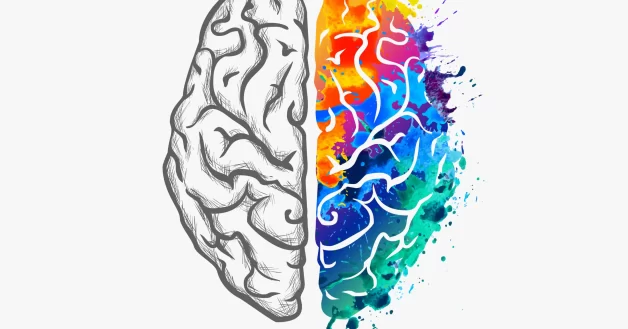Rhythmic gymnastics, a captivating Olympic sport, combines gymnastics, dance and calisthenics. Gymnasts showcase strength, flexibility, agility, dexterity and coordination while performing intricate routines with various apparatus.
Interestingly, politics and rhythmic gymnastics share commonalities, such as originality, gestures, facial expressions and fluid movement.
The art of politics and rhythmic gymnastics
Politicians, like gymnasts, deploy various tools to their advantage. They navigate complex issues with agility and coordination, often prioritising artistry over substance. However, unlike rhythmic gymnastics, politics does not have time limits and the stakes are much higher.
Ghana’s economic challenges
Ghana’s economy requires a coherent foundation for stability. The informal sector, often cited as 97 percent, needs reconfiguration as the main, formal sector to harness revenue generating opportunities. Mobile Money platforms like MTN MoMo have successfully tapped into this sector, demonstrating the potential for innovative approaches.
The need for economic stability
Ghana’s economic structure is unique, and it is essential to design stability measures tailored to its needs. The recent appreciation of the currency has sparked curiosity; but why should we be surprised? Perhaps, it is a welcome respite. However, betting on its continued long-term sustainable stability might be premature.
Lessons from rhythmic gymnastics
Just as rhythmic gymnastics requires precision and strategy, economic stability demands careful planning and execution. Ghana cannot afford to engage in ‘rhythmic gymnastics’ with its economy, relying on fleeting gains. Instead, we need to formulate and implement sustainable solutions.
Harnessing technology for economic transformation
Digital industrial revolution tools, such as AI, cloud computing and mobile technology, can help us understand and address economic challenges. By leveraging these tools, Ghana can drive economic transformation and stability.
Conclusion
In conclusion, Ghana’s economic stability requires a thoughtful approach, recognising the unique characteristics of its economy. By embracing innovative solutions, harnessing technology and prioritising sustainability, we can create a more stable economic future.
Recommendations:
- Reconfigure the informal sector as the main, formal sector.
- Develop tailored economic stability measures.
- Leverage digital industrial revolution tools.
- Prioritise sustainable solutions over fleeting gains.
By adopting these strategies, Ghana can move toward long-term, sustainable economic stability.










